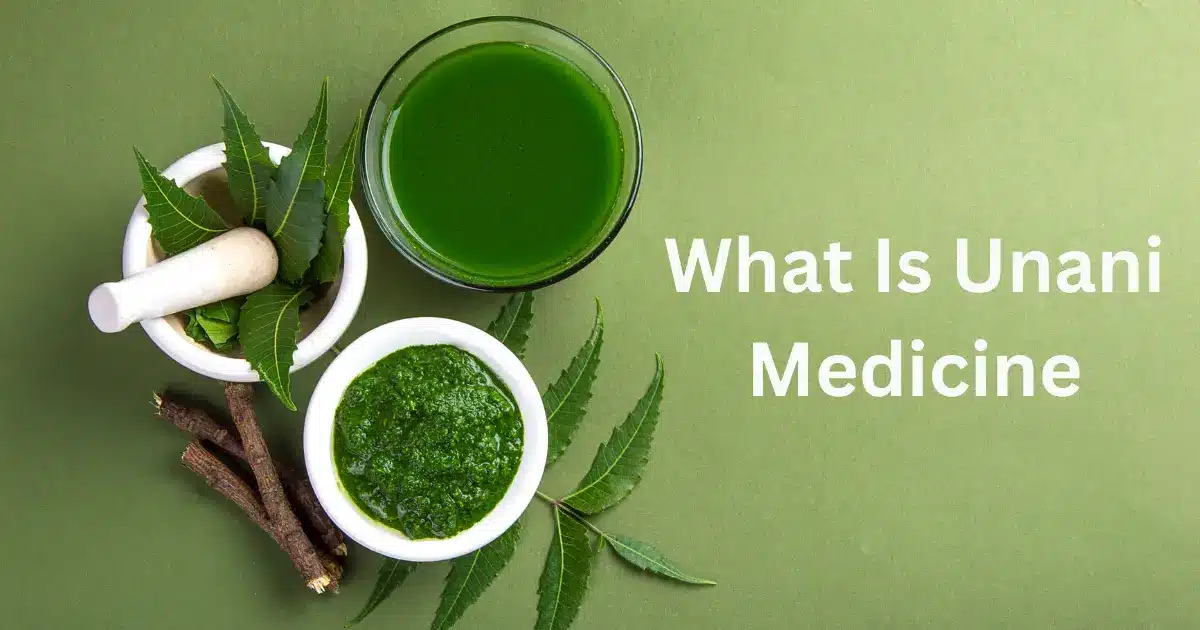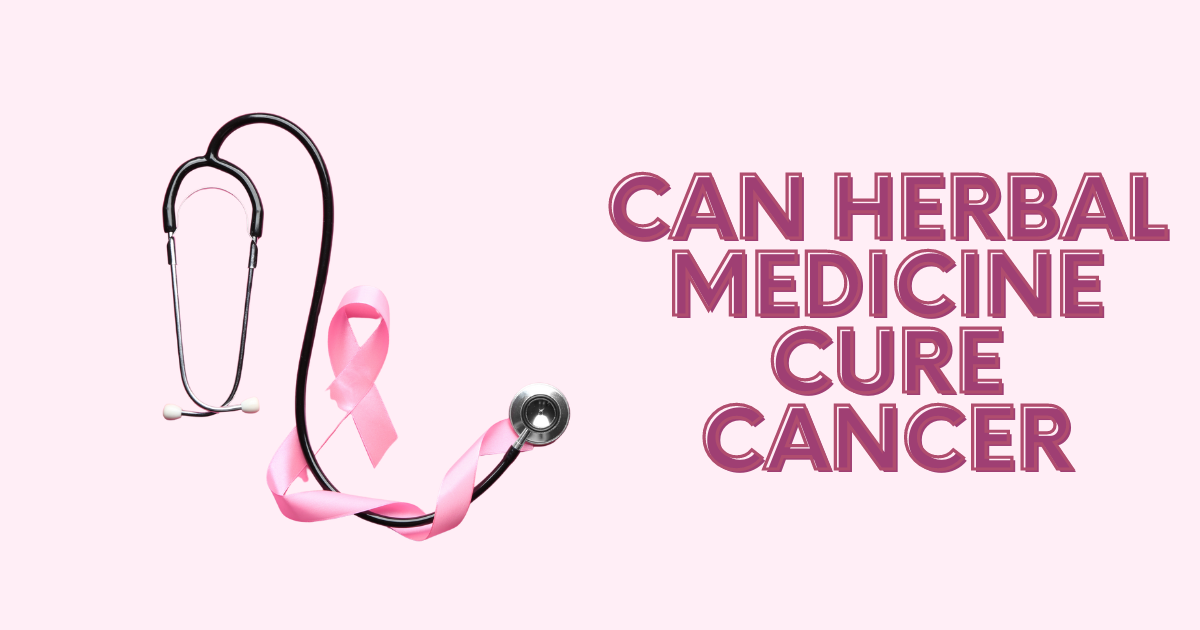What Is Unani Medicine

Within traditional medical systems worldwide, Unani medicine is a monument to age-old knowledge and all-encompassing therapeutics. Unani medicine, which has roots dating back more than a millennium, has profoundly influenced medical procedures throughout numerous civilizations. In this blog article, we shall discuss what unani medicine is, its origins, its guiding principles, and its applicability in the contemporary world.
A Synopsis of Unani Medicine’s Past
The rich history of Unani medicine, sometimes called Yunani or Greco-Arabic medicine, begins with the teachings of the ancient Greek physician Hippocrates. Later, it changed due to adding academics with their expertise, such as Galen and Avicenna (Ibn Sina). Ayurveda and Traditional Chinese Medicine (TCM) were two other ancient systems that Unani medicine absorbed components of as it spread.
Unani Medicine Principles
The foundation of Unani medicine is built upon many vital ideas:
The Quartet of Jokes: According to Unani medicine, the four humors—blood (dam), phlegm (Brigham), black bile (Sauda), and yellow bile (Safra)—are the basis of both the ancient Greek and Indian medical systems. These humors are thought to be in balance for health, and sickness results when they are out of balance.
The Four Differences: The prevalence of one humor is supposed to determine the individual’s particular disposition. These temperaments are choleric, sanguine, phlegmatic, and melancholy.
The Seven Inherent Elements: The seven natural elements that affect health—air, food and drink, physical movement and rest, sleep and alertness, psychic activity and repose, excretion and retention, and emotional states—are recognized by Unani medicine as Asbab Sitta Zarooriya.
The Significance Doctrine: According to this theory, a plant, animal, or mineral’s look and characteristics might reveal information about its potential medical uses.
Modalities of Treatment
Various therapy approaches are used in Unani medicine to treat sickness and bring the humor back into balance. These consist of:
Nutrition and Diet: Dietary guidelines are based on the type of disease and the individual’s temperament.
Pharmaceutics: Unani medicine is based mainly on herbal remedies, or “khamira.” These cures are considered safe and effective because they are made from natural ingredients.
Regional (Ilaj-bil-Tadbeer) Therapy: This encompasses techniques for detoxifying and reestablishing equilibrium, such as cupping (Hijama), massage (Dalk), and purging (Ishaal).
Ilaj-bil-Yad Surgery: Even though non-invasive therapies are more common in contemporary Unani medicine, surgeons have historically practiced Unani medicine.
Importance in the Contemporary World
Unani medicine is still essential in treatment, especially in nations like Pakistan, India, and some parts of the Middle East. It provides a comprehensive approach to health, strongly emphasizing lifestyle changes and preventive and natural therapies. With the increasing worry over pharmaceutical drug usage, Unani medicine, focusing on herbal treatments and few side effects, is gaining popularity again.
Conclusion
A comprehensive approach to health and wellness is combined with ancient wisdom in the time-honored practice of Unani medicine. Its tenets, based on the harmony of humor and individual temperaments, offer a distinctive viewpoint on medical care. Even though it might not be the primary medical system in many parts of the world, it has insightful information and natural cures that can be used with contemporary medical procedures. Unani medicine is a monument to the timeless knowledge of long-standing healing traditions, particularly in light of the growing need for holistic and natural healthcare choices.




